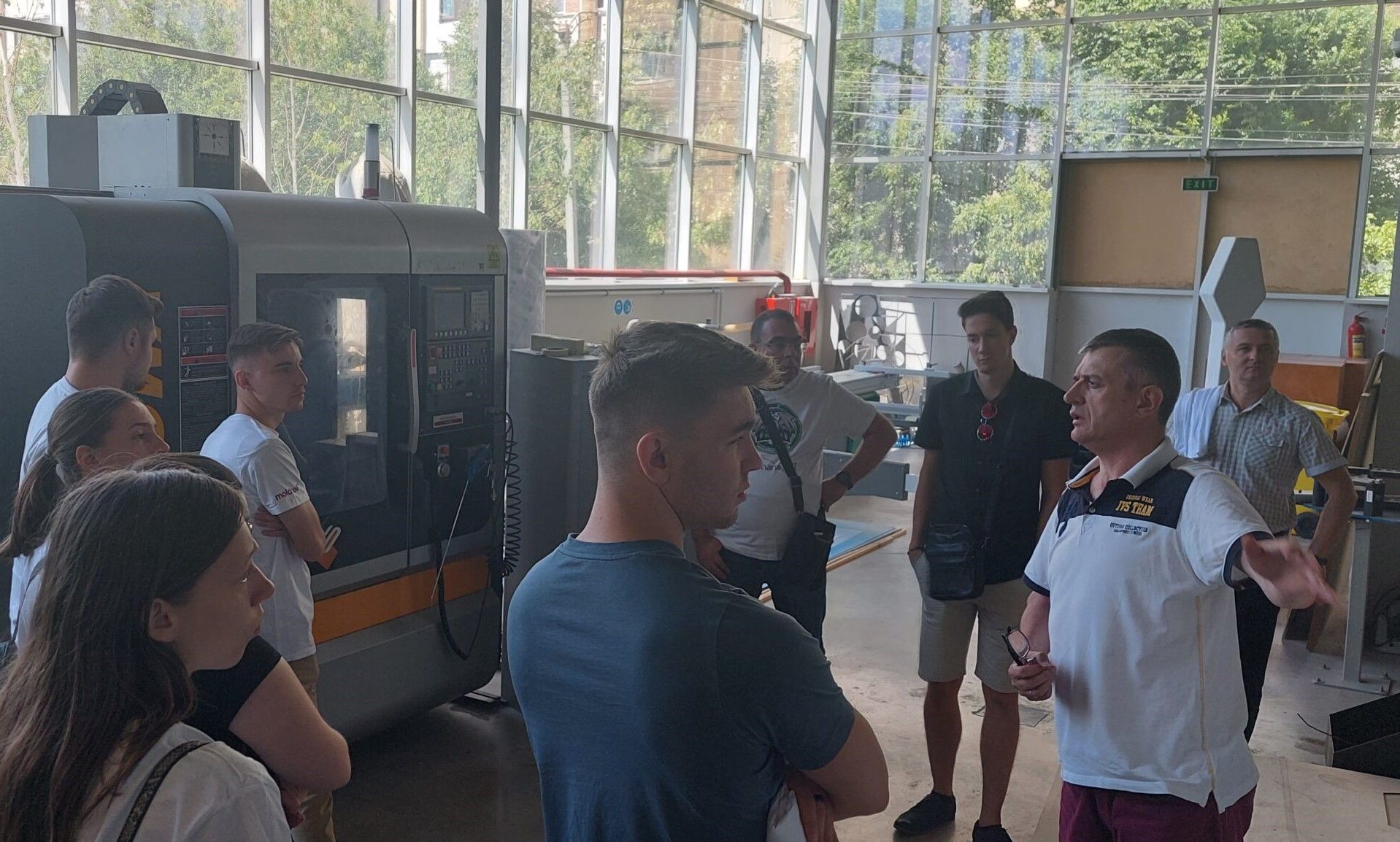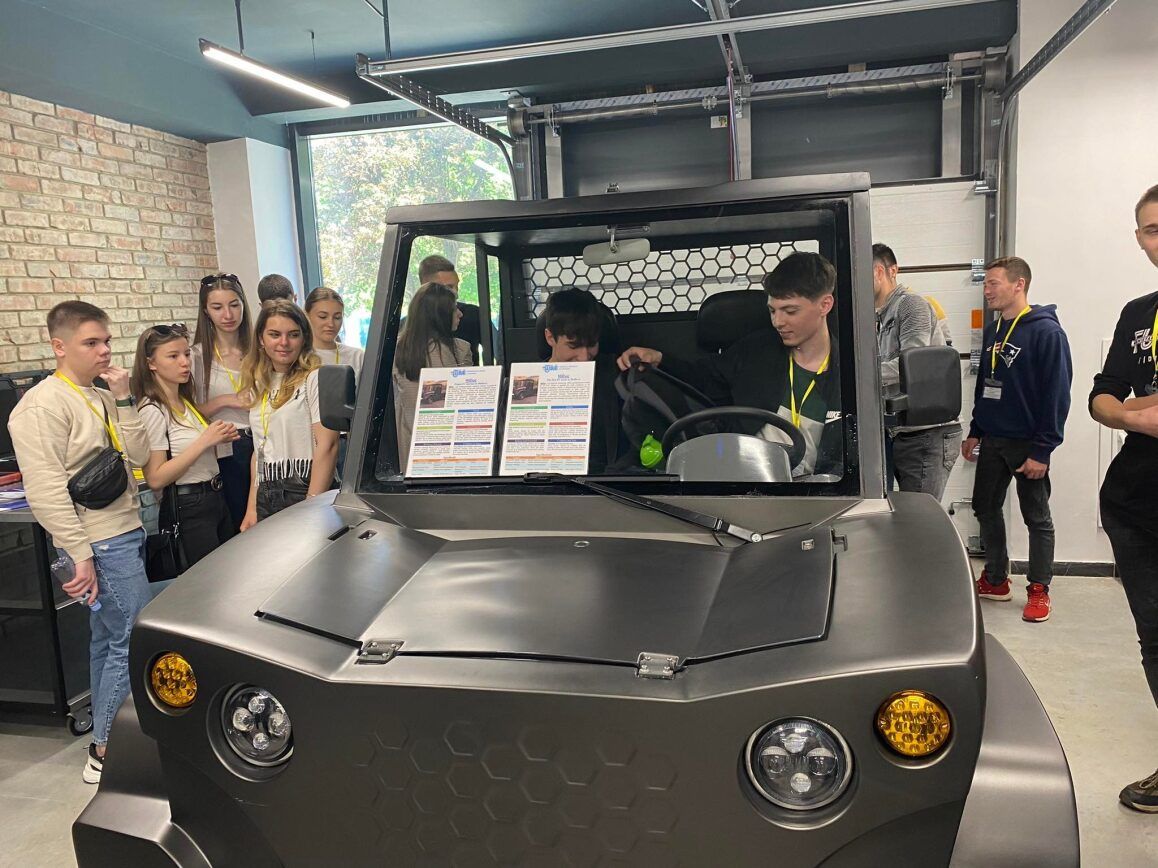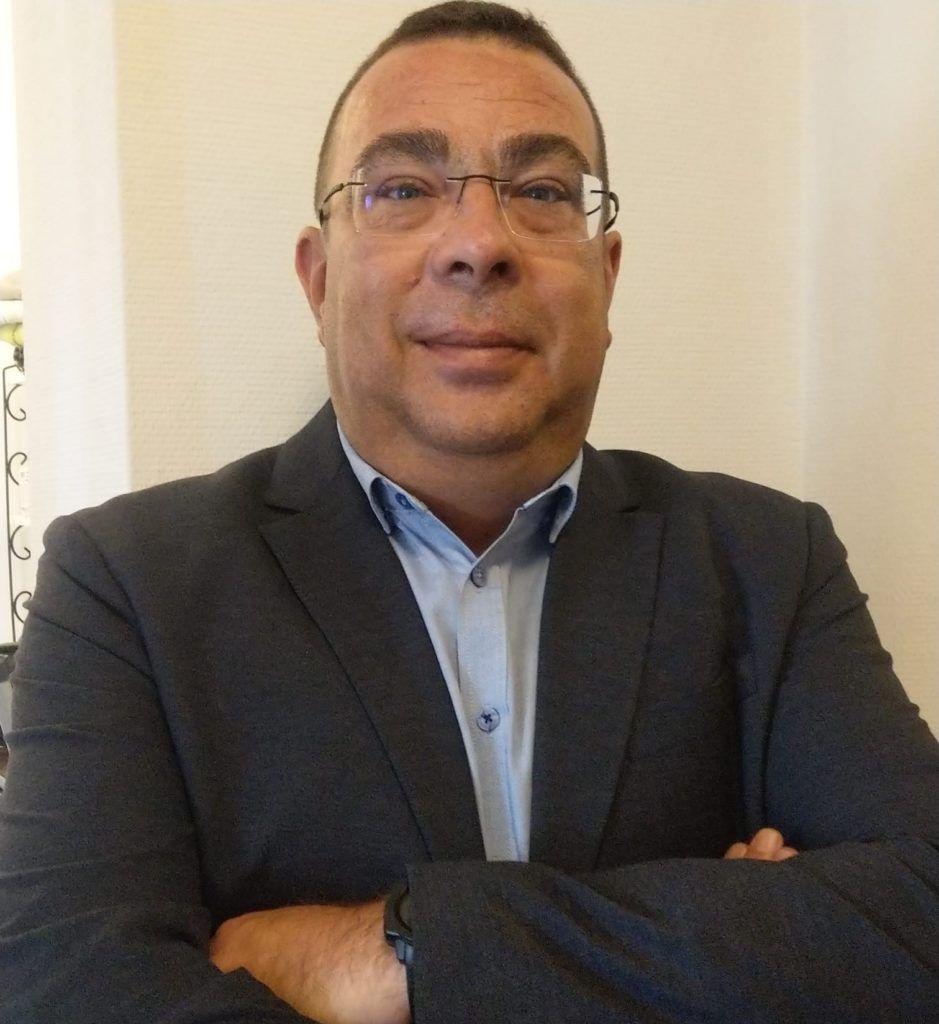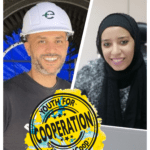Voices from the field
Nicolae Lucanu
The right skills to nurture a green automotive industry
Right skills for quality jobs. 2023 has been announced the European Year of Skills (EYS) with the aim to address skills gaps in the EU and help to reskill people with the focus on digital and green technology. The CROSSCOMP project totally falls into the spirit of the initiative. Building a dialogue between the academia and private automotive companies from Romania and the Republic of Moldova, it upgrades the curricula of the Technical University in Iasi (Romania) and the Technical University of Moldova to prepare high-skilled engineers capable to catch up the latest demands in the industry.
The automotive industry is quite a rare sector among ENI CBC projects. Why have you decided to focus on this area?
On the Romanian side of the border there are some major investments from large automotive sector companies. For example, Continental established a research and development center in Iasi that employs over 3000 engineers, all working in the automotive sector. There are also other German and Swedish private automotive companies that have invested in building their teams. We also noticed that on the other side of the border, in the Republic of Moldova, there are a lot of Tier 1 and Tier 2 suppliers that have invested in production facilities. The Republic of Moldova seems to have attractive conditions for production because it has important factories for automotive electronic components. Thus, we have considered this regional ecosystem – strongly related to the automotive industry – as a very important vector for growth.
What are the challenges you see in this sector?
Our industrial partners had some complaints that our skills and our curricula do not meet the latest trends and demands in the field. So, we decided to address this challenge by using an EU investment to upgrade the academic offer of the partner universities, to enhance the skills of our teaching staff and students, as well as to better equip our didactic infrastructure, the laboratories. These are the three main pillars that any university needs to address when it comes to supplying the private sector with a qualified workforce. This is how the CROSSCOMP project was born.
Coming to the project activities, what did you do in the first place?
We performed interviews with the private sector and centralized their responses into a joint educational and research strategy which will help the Technical University in Iasi and the Technical University of Moldova to transform the existing collaboration into a coordinated cooperation with specific objectives and a set of actions. The responses were also used to upgrade the curricula of 15 disciplines, aligning them with the needs of the automotive labour market in the cross-border area. Moreover, the established dialogue with the private sector was extremely important for the design of a new master program “Hybrid and electric vehicles”.
Tell us more about it.
The program was developed at the Mechanical Engineering faculty which has automotive engineering as a master domain study. It represents a highly interdisciplinary curricula, it is a blend between mechanical engineering, electrical engineering and electronic engineering. It was completed and approved by the University Senate in 2021. Launched in 2022, it already has its first series of graduates. The program is one of the most important results of the CROSSCOMP project.
Any other project results that your students benefitted from?
 One of our objectives was to promote the culture of innovation and entrepreneurship among the students from the partner universities, as well as to acquaint them with the latest automotive innovations. This objective was implemented through the International Summer School. The first two editions went online due to the pandemic, however, closer to the end of the project, in July 2022, we managed to organize a physical event in Chisinau, the Republic of Moldova. During one week 30 Romanian and Moldovan students had a chance to learn more about research and innovation in automotive engineering, electric and hybrid vehicles, start-ups in the automotive field, but also to visit car companies, to interact, to network, to create bonds… Another dedicated activity was a series of five webinars in which the representatives of the private sector shared knowledge on the up-to-date topics in automotive engineering. They also had a chance to explain to the students what their needs and requirements are, which technical and soft skills are expected from them, what they would like to see developed in the future. The webinars were a success: our initial target of 180 students was exceeded three times!
One of our objectives was to promote the culture of innovation and entrepreneurship among the students from the partner universities, as well as to acquaint them with the latest automotive innovations. This objective was implemented through the International Summer School. The first two editions went online due to the pandemic, however, closer to the end of the project, in July 2022, we managed to organize a physical event in Chisinau, the Republic of Moldova. During one week 30 Romanian and Moldovan students had a chance to learn more about research and innovation in automotive engineering, electric and hybrid vehicles, start-ups in the automotive field, but also to visit car companies, to interact, to network, to create bonds… Another dedicated activity was a series of five webinars in which the representatives of the private sector shared knowledge on the up-to-date topics in automotive engineering. They also had a chance to explain to the students what their needs and requirements are, which technical and soft skills are expected from them, what they would like to see developed in the future. The webinars were a success: our initial target of 180 students was exceeded three times!
How has the project impacted the technical skills of your students? How would you assess it as a professor?
Before CROSSCOMP, we used to offer our students a general layer of knowledge, and then a company would come and add some specific knowledge for the required job. For example, the companies had some programmes which they taught on a voluntary basis at our university. After upgrading our academic offer within the CROSSCOMP project, they don’t need to do it any longer. Before CROSSCOMP, I’d estimate the technical skills of the graduate students as 50% readiness. Now, after the project implementation, I’d say they are 80-85% ready for the required job in terms of technical skills. Of course, there are some niches that need to be addressed by the company through specialized trainings, but the foundation that we are capable to provide now is a lot more solid than it was three or four years ago.
You mentioned earlier that the project has upgraded the didactic infrastructure of the universities. What was done exactly?

We have upgraded six university laboratories: two in Romania and four in the Republic of Moldova. For example, my faculty has got a new laboratory that addresses electronic parts of a vehicle. On top of big panels that deal with lightning and explain how the motor is driven, it contains a set of dedicated didactic kits. We have an experimental platform which deals with different aspects, starting from the basics of electronics up to communication between different parts of the car. We are also very proud to have purchased an electrical vehicle – an actual car – especially designed for didactic purposes. It’s the first car of a kind in Romania! It has already proved to be extremely useful for students, as it allows them to study the whole system rather than individual components.
The cooperation with your Moldovan partners has proven to be very fruitful. Do you think of a continuation under the Interreg NEXT Romania-Republic of Moldova Programme?
We will apply for new funding. We have already reached an agreement with our colleagues from the Technical University of Moldova to develop CROSSCOMP 2.0. The automotive sector was identified by the university management as an important vector for cooperation, as this ecosystem is very well spread across the two neighbouring countries. It has great potential for regional development. If the automotive companies see that we want to engage with them, that we respond to their demands – this might contribute to their decision to further invest into the region and to retain workforce which is important for both sides.





















